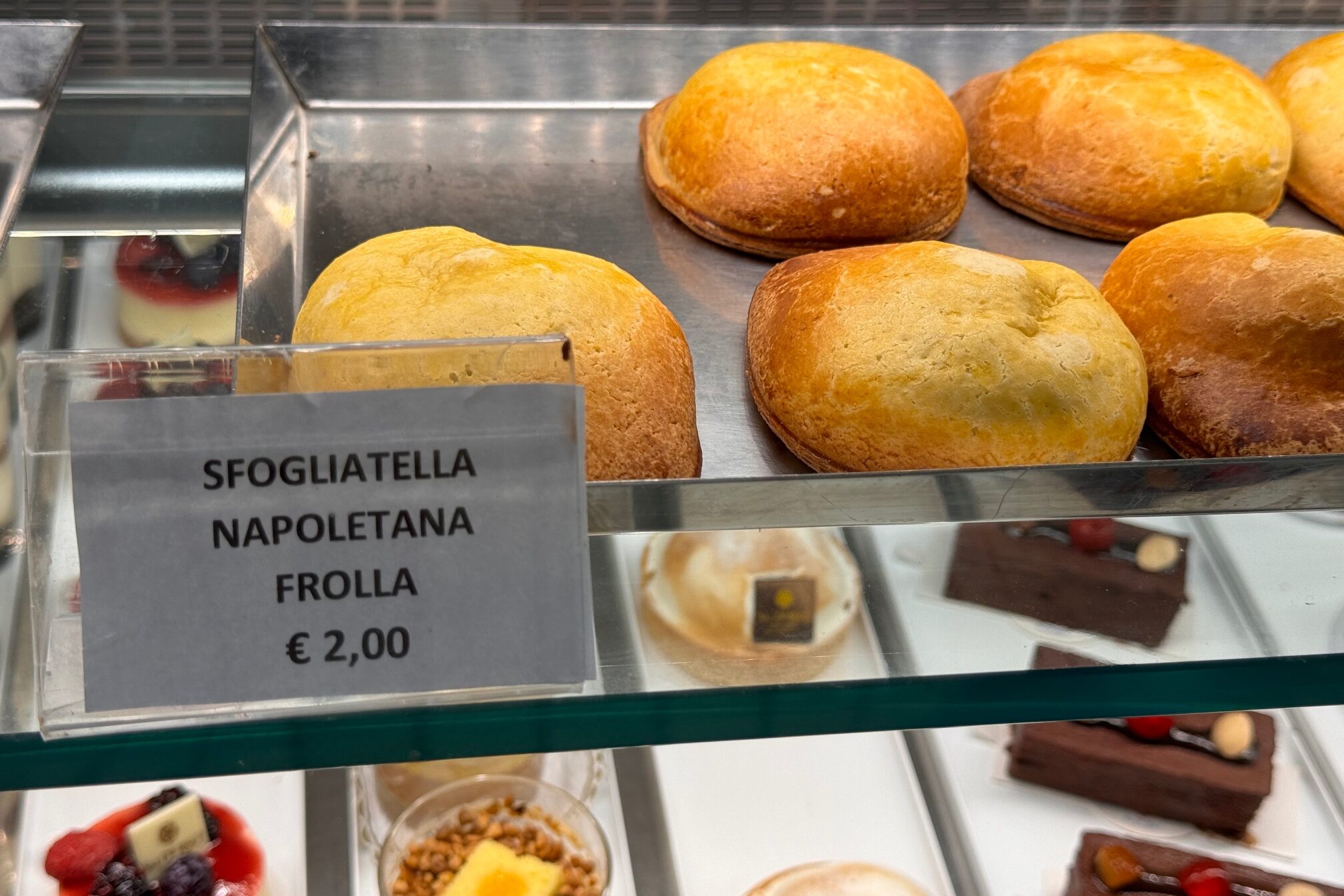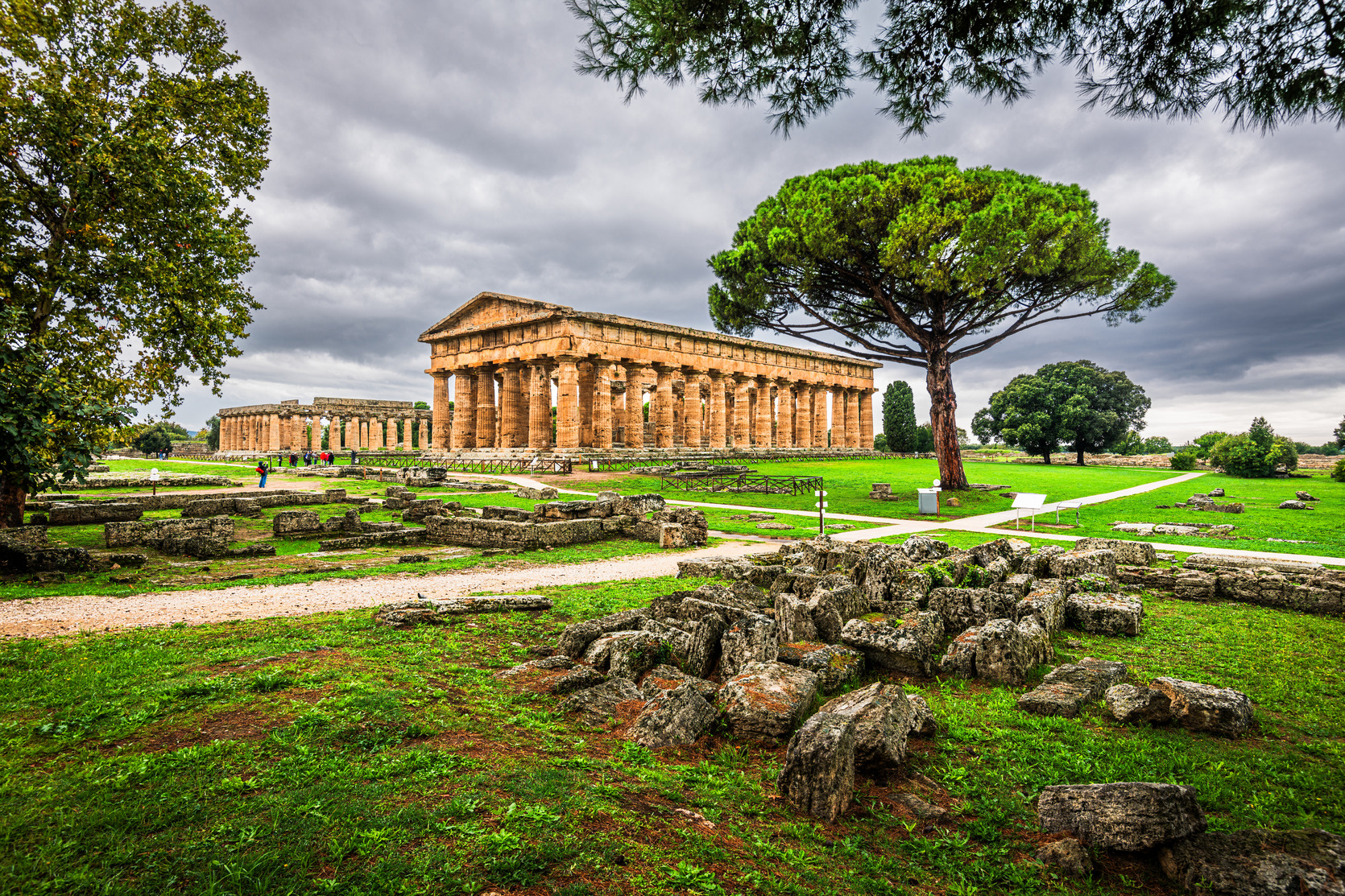Aristotle once said, “Politicians also have no leisure, because they are always aiming at something beyond political life itself, power and glory, or happiness.” Governor Andrew Cuomo and Mayor Bill de Blasio are two political leaders on opposite sides of the spectrum, with one perceived to have too much leisurely time while the other appears to be motivated beyond politics. These two Italian American leaders, who represent New York and are in the same political party, were elected at different times by the majority of New Yorkers. While both are very popular among their constituents, resulting in their rapid ascent to public office, their approval ratings have steadily declined over the past year for different reasons.
It has been a difficult year for Andrew Cuomo. He lost his father, the former Governor Mario Cuomo in January. In March his youngest daughter was briefly hospitalized after she collapsed; and a few weeks ago his longtime girlfriend, Sandra Lee, publicly revealed that she has breast cancer. Nonetheless, like most incumbents going into their second term, Governor Cuomo’s ratings have plummeted. As he campaigned for reelection in 2014, his opponents were smearing Cuomo’s name amidst a corruption scandal, where Mitt Romney, when asked about the alleged allegations against Andrew Cuomo remarked, “Typical corrupt NY politician.”
Romney’s statement was probably motivated by Republican rhetoric and was a way to jab at Cuomo’s disparaging remarks about the Republican Party during his second gubernatorial run in 2014. Regardless of the usual partisan bickering, for Cuomo there was no escaping the negative press. Furthermore, his stoic expressions and banal personality did not help his cause, along with a falling out with some NYC municipal unions such as the United Federation of Teachers that is presently producing ads, blasting his proposals for new teacher reforms that the President of the UFT opines, “is supported by hedge-fund billionaires.”
In addition, there is more talk around Albany between Democrats & Republicans that agree, Cuomo’s second term will be more about building his family’s legacy then making decisions based on rational political thought. A one-time close aide said, “His image and family name in politics is what’s important to him now, especially since the allegation of corruption.” He does not have the charm, eloquence or statesmanship of his father, but despite his bland personality and image he has somehow endured and risen to the political arena in New York. Andrew’s book published in 2014, All Things Possible: Setbacks and Success in Politics and Life, examines the obstacles and success he has had as a public servant and in his personal life.
While the book gives the reader a glimpse of a different side of Cuomo, the reader may also infer the true impetus behind the Governor’s book is beyond politics. Chris Smith in his article The Albany Machiavelli avers, “In the days after Hurricane Sandy, Cuomo became a ubiquitous khaki-clad presence by touring the destruction and by plastering his name in large letters on banners at relief sites. Two days after the storm, he was already thinking about how New York’s recovery would fit into his own narrative. His father always used to say there are two kinds of governors: builders and stewards.”
Andrew Cuomo views himself as a builder and is certainly motivated like most politicians in their second term. The Governor was born 1957 in Queens, New York and like Bill de Blasio, he was raised with a very strong sense of his Italian American heritage. His path as the 56th Governor of NY State was similar to that of his father; going to law school before entering the political arena and working in the Democratic Party as his father’s campaign manager. He later worked in the Clinton Administration as Assistant Secretary and eventually Secretary of Housing and Urban Development (HUD) in 1997.
In 1997, another rising star for the Democratic Party was also working for HUD, Bill de Blasio. After being the campaign manager for the then incumbent US Representative Charles Rangel, de Blasio was also hired by President Bill Clinton to serve as the regional director for the United States Department of Housing and Urban Development (HUD) for New York and New Jersey. Unlike Cuomo, however, de Blasio’s upbringing and his relationship with his father were far from ideal.
Bill de Blasio was born 1961 in Manhattan, and changed his German birth name William Wilhelm Jr. because he felt no affinity toward his father who was probably suffering from post-traumatic stress disorder after coming back from several battles during World War II. Once his parents divorced, he was raised in Cambridge, Massachusetts, by his mother and her Italian family. His father, a veteran US officer, continued to drown the dark images of what he witnessed in the war with alcohol and eventually committed suicide.
Still with a very tight Italian family on his mother’s side, he immersed himself in his studies. He became interested in public service and built a reputation in city government that was about progressive action resulting as he said “from the inaction of others.” During his Mayoral campaign and in his inaugural speech in 2014, he emphasized the image of New York City as “A Tale of Two Cities…the haves and have not’s.” One of his primary focuses is creating a plan for affordable housing for the middle class and the poor.
Earlier this year, he discussed his plan for building 80,000 affordable housing units in a Queens’s rail depot that is right now empty land. This brought criticism from Governor Andrew Cuomo whose office controls the land that the rail depot occupies. Cuomo and de Blasio already have a lukewarm relationship and the Governor’s negative comments about de Blasio’s housing plan created more of a wedge between the two leaders.
Similar to Cuomo, de Blasio political image is suffering because voter perception right now is his inattentiveness to the problems of New York City, and the other reason is his mouth. For example, his approval ratings declined rapidly when de Blasio commented about the negative aspects of “stop-and-frisk” (the controversial police action targeting minority communities) as well as his observations about the riots in Ferguson, St. Louis, where he explained to the media when asked what advice have you given your biracial son if he is stopped by the police, he responded, “be careful of your interaction with police.” This set off a firestorm with the Police Benevolent Association.
Months later two NYPD officers were murdered in their patrol car, triggering the PBA President to exclaim, “The Mayor has blood on his hands.” If that was not enough, he appears to be traveling a great deal for someone elected sixteen months ago to lead one of the largest cities in our Union. During his first six months as Mayor, the entire de Blasio family went to his maternal grandparents’ towns in Southern, Italy. He has also jaunted off to Paris after the Charlie Hebdo massacre, and last week travelled to the West Coast and Washington DC.
Reporters and those in the private sector have also complained about the Mayor’s propensity for being tardy to press conferences, meetings and private functions. One way to combat this problem is the Mayor recently decided to take the local subway to go from City Hall to a meeting uptown instead of being driven by his security detail. Apparently, the Mayor waited twenty-minutes for the train and was fuming that he had to wait so long. Welcome, Mr. Mayor to the Tale of Two Cities and the side of the have not’s. Cuomo and de Blasio need to go on the express line to improve their image; otherwise they will be remembered as two peas in a pod.





























